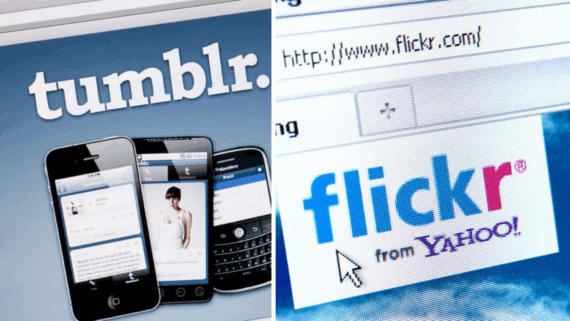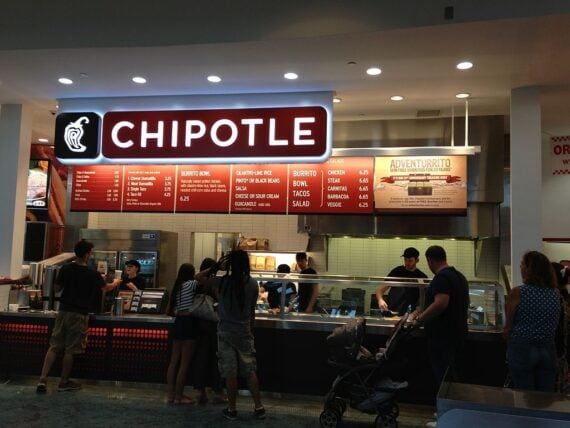Many of the world’s most well-known companies have gone downhill after being acquired. This is often due to cultural clashes, business misalignments, or poor management by the new owners. These acquisitions — initially driven by the promise of an expanded market reach — have often resulted in mass layoffs, loss of innovative drive, and financial instability.
Here are seven companies we all know that went downhill or even nose-dived after being acquired by other corporations.
Related: Brutal Corporate Fails You Can Watch on TV
1. Nokia
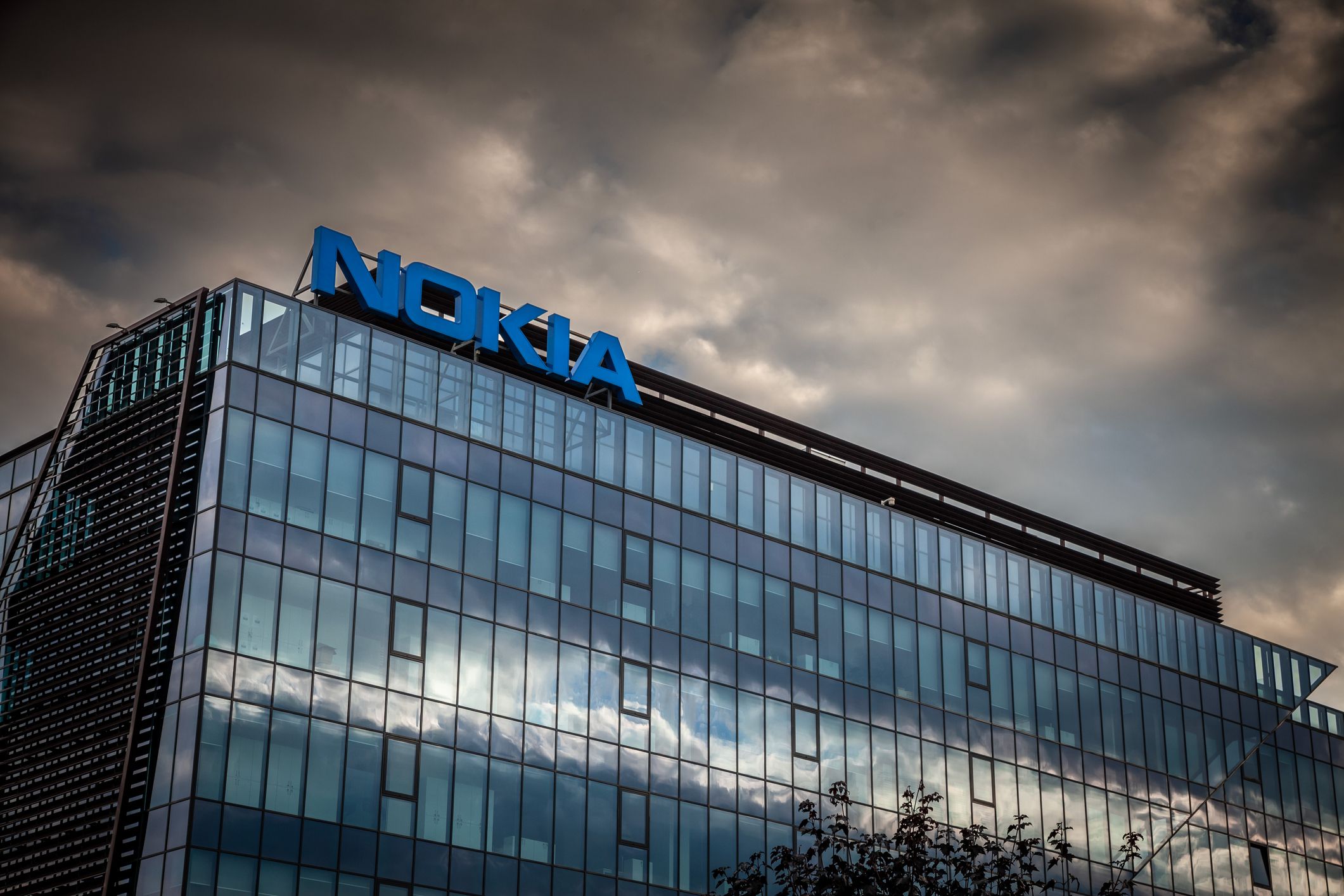
Renowned for its sturdy and innovative products (prior to Apple’s reign), Nokia was once the world’s largest mobile phone manufacturer. But after Microsoft acquired the company’s mobile phone division for $7.2 billion in 2014, things quickly went south. The integration failed to produce the desired results as Microsoft struggled with the hardware business and couldn’t compete with Android and iOS platforms.
The acquisition led to massive layoffs and write-downs, and by 2016, Microsoft wrote off nearly the entire value of the acquisition and sold the remnants to a Finnish company called HMD Global. (RIP to Nokia’s snake game; those sure were the days).
For more stories like this, please sign up for our free newsletters.
2. AOL

During the ’90s and early 2000s, AOL was revolutionizing the internet scene. Who else remembers using dial-up internet to log into AIM after school everyday? Talk about nostalgia overload! While things seemed to be going well for the New York-based company, in 2000, AOL merged with Time Warner in a $182 billion deal to create AOL Time Warner. (If you haven’t heard about this merger, it’s because it went very poorly).
The merger is often cited as one of the worst in corporate history due to the clash between the traditional media company and the internet giant. AOL’s value plummeted as broadband internet replaced dial-up, leading to significant losses and a spin-off of AOL in 2009.
Related: Products You Never Thought Would be Obsolete
3. MySpace
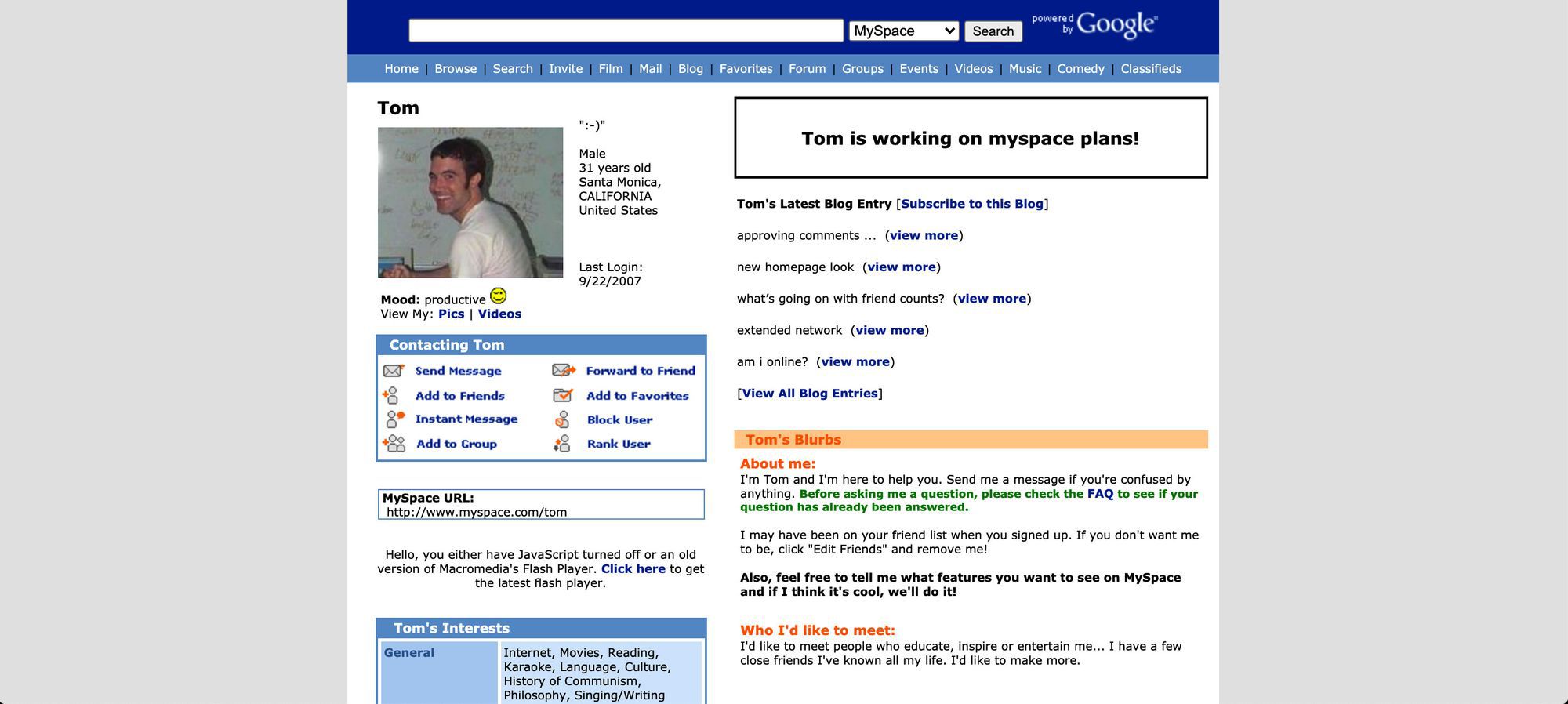
MySpace really had us all learning how to code back in the day. As the leading social networking site in the mid-2000s, the site exploded in popularity thanks to its customizable user pages and music sharing. Who else remembers getting into scuffles with their friends over their top 8? (Thanks a lot, Tom).
In 2005, Rupert Murdoch’s News Corporation acquired MySpace for $580 million. But the site failed to innovate and adapt to the rapidly changing social media landscape. The rise of Facebook, along with mismanagement and poor strategic decisions by News Corp, led to MySpace’s decline. It was sold for a fraction of its purchase price in 2011.
4. Yahoo
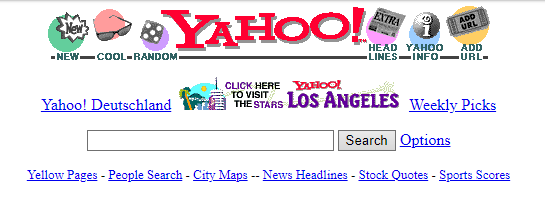
Yahoo was one of the early internet titans. Though I guess the phrase “just Yahoo it,” never really caught on. Still, the site was known for its innovative web portal, search engine, and email services that predated Google’s sweeping reign. In 2017, Verizon acquired Yahoo’s core internet operations for a staggering $4.8 billion.
Post-acquisition, Yahoo struggled under Verizon’s Oath division (later known as Verizon Media). The company faced numerous layoffs and a lack of clear direction. Verizon eventually sold its media assets, including Yahoo, to Apollo Global Management in 2021 for $5 billion, much less than the company’s peak value.
5. Tumblr
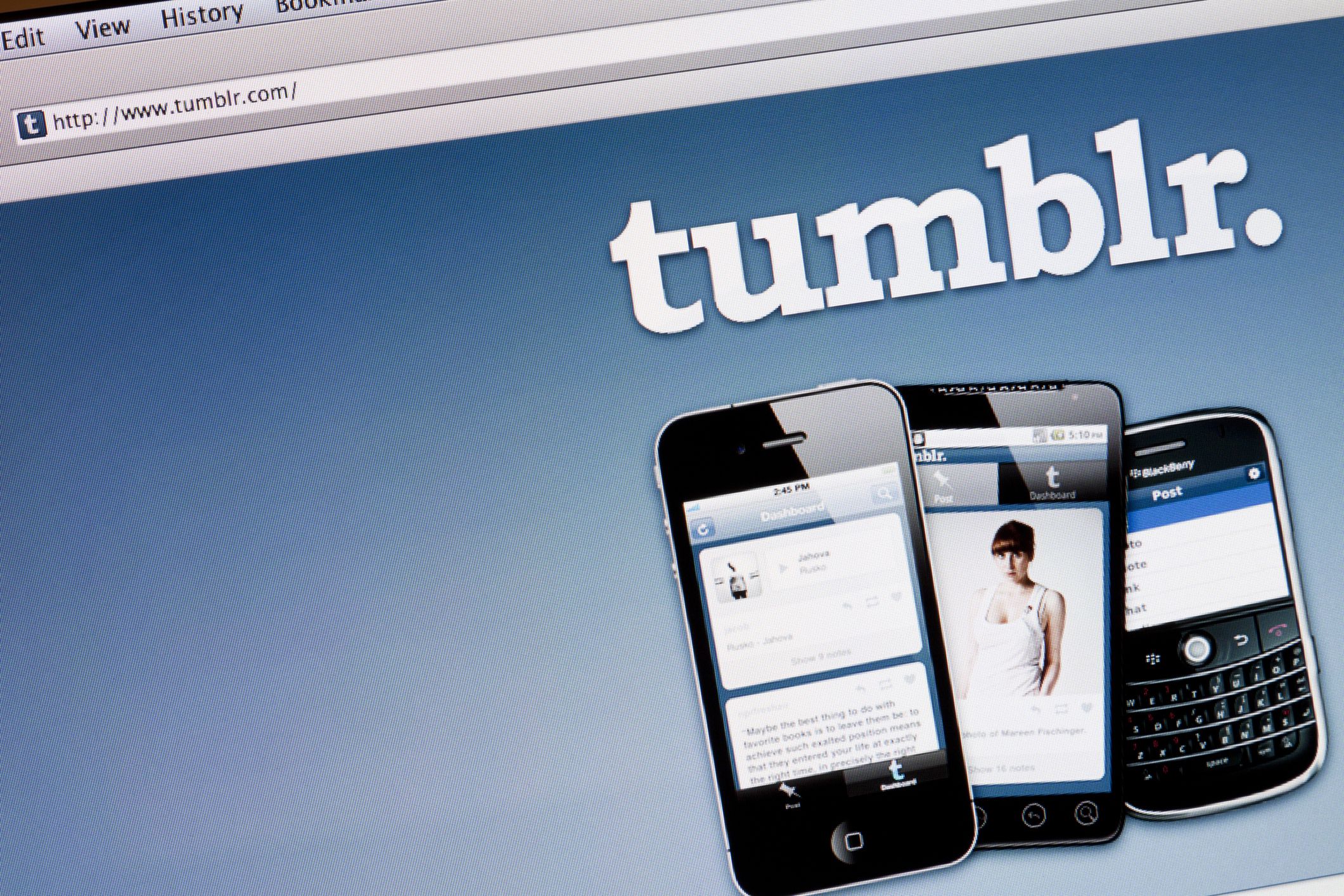
Once a hugely popular microblogging and social networking site, Tumblr boasted a large creative community and was known for its user-friendly interface. But after being acquired by Yahoo for $1.1 billion in 2013, the new management’s attempts to monetize Tumblr alienated its core user base. This resulted in content restrictions and management missteps that led to a sharp decline in user engagement.
As a result, Verizon, after having acquired Yahoo, sold Tumblr to Automattic (owner of WordPress.com) in 2019 for a reported $3 million, a fraction of its purchase price.
Trending on Cheapism
6. Skype
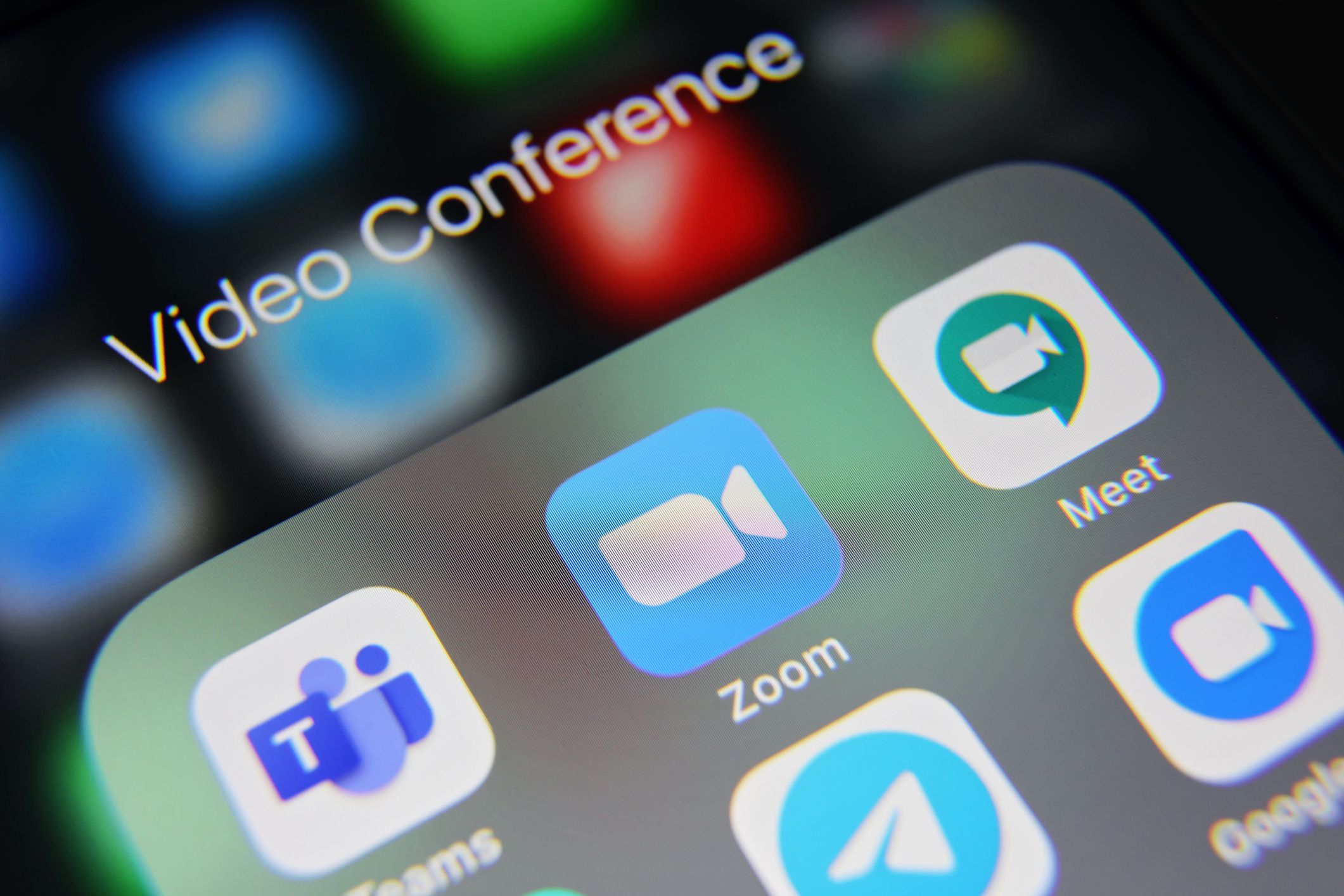
Before the era of Zoom, Skype was all we had. A pioneering service in VoIP (voice over internet) technology, the app enabled users to make voice and video calls online. But in 2011, Microsoft acquired Skype for $8.5 billion. Despite some integration successes at the start of the merger, Skype’s user experience deteriorated over time due to frequent changes and competition from other services like WhatsApp and Zoom.
Eventually, Microsoft struggled to keep Skype relevant in the fast-evolving communication space — and its usage significantly declined.
7. Flickr
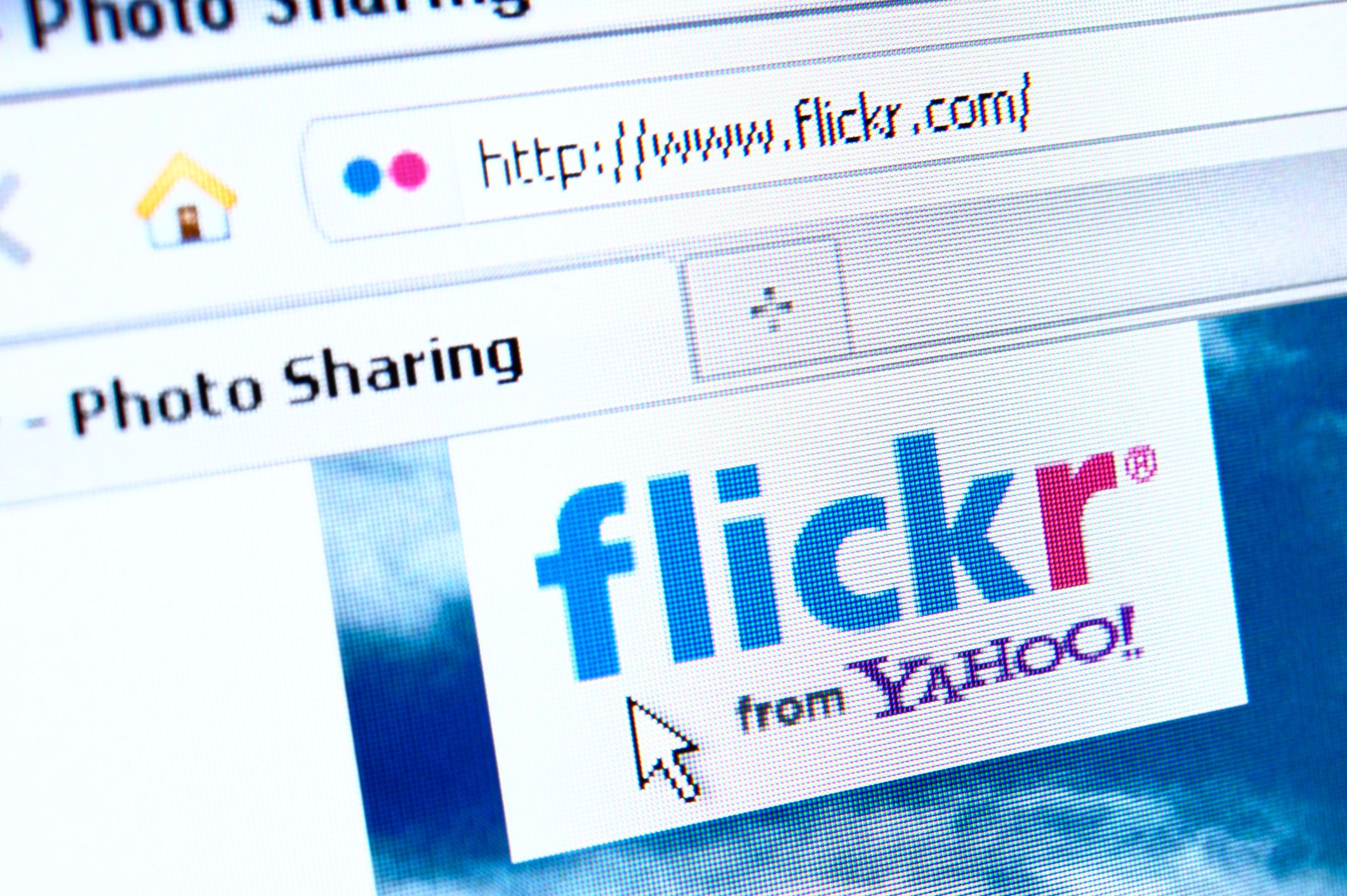
Praised by photographers and casual users for its community features and storage capabilities, Flickr was one of the first photo-sharing sites. But after being acquired by Yahoo in 2005 for about $25 million, the company saw a decline in innovation and user engagement. Yahoo’s focus on advertising and failure to adapt to mobile photography trends allowed competitors like Instagram and TikTok to dominate.
Eventually, SmugMug acquired Flickr in 2018, but the platform never regained its former prominence. Now, it only has about 2 million active users — a stark contrast to its peak of over 60 million active users per month.
